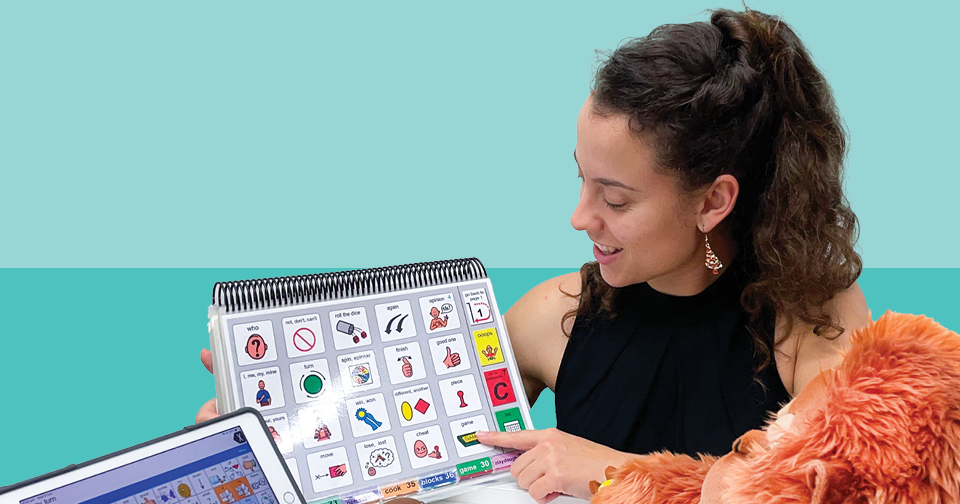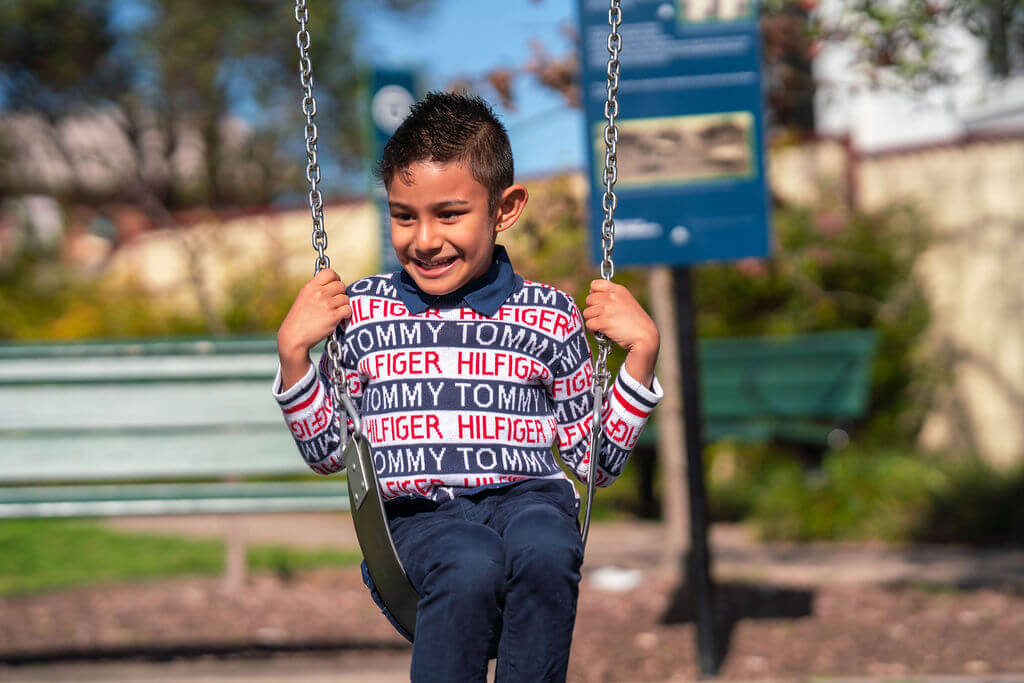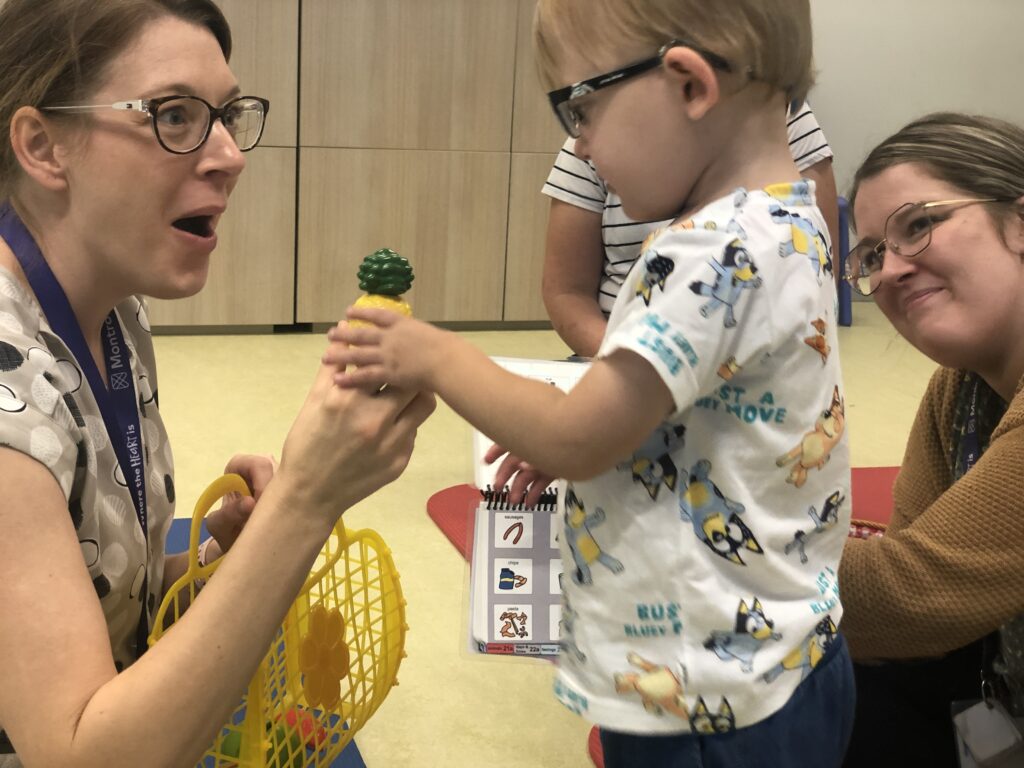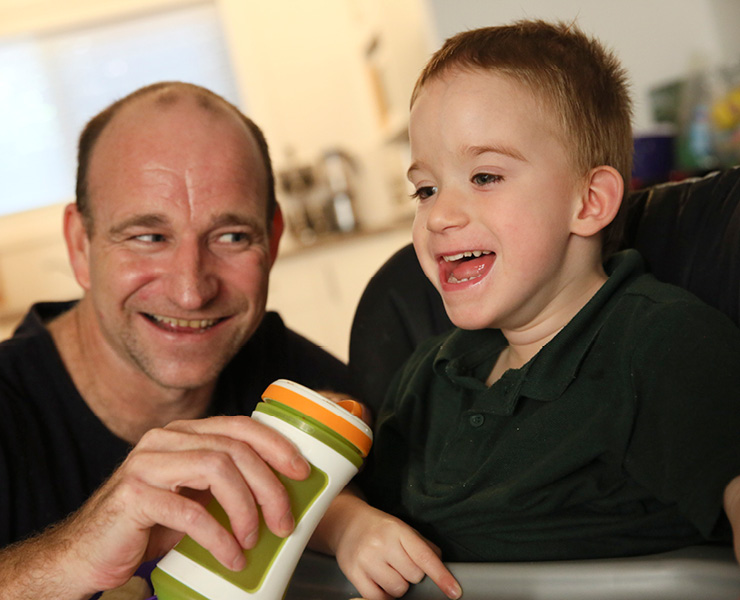NDIS Allied Health and Clinical Services
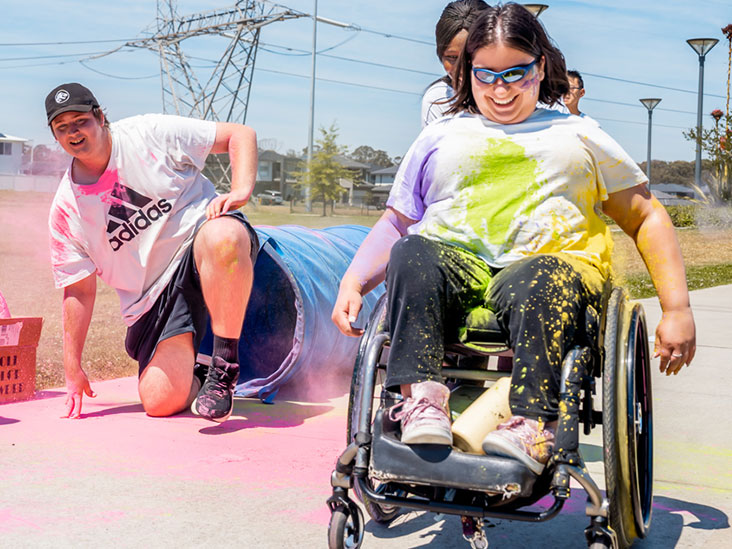
NDIS allied health funding
Northcott is a registered NDIS provider of Allied health services, we have a team of allied health professionals who provide therapeutic supports in speech pathology, occupational therapy, physiotherapy, dietetics, positive behaviour supports, orthotics and customer footwear, sexuality and relationship education as well as therapy training. Our therapists specialise in the disability sector, we work closely with you, your family and other health professionals to support you.
Our Allied health professionals can provide you with ongoing therapeutic support services as well as assessments and reports. You can access our clinical services as an NDIS participants under Capacity Building, using your private health insurance or through your doctor with a Chronic Disease Management Plan for a Medicare Rebate.
-
Our Services
Our Services
Allied Health & Clinical
Group Support Services
Latest news and stories
-
![]()
13 March 2024
-
![Young boy smiling on a swing at the park]()
01 February 2024
-
![Young boy with Therapist]()
16 January 2024
Understanding the benefits of paediatric Occupational Therapy
-
![David and his son Michael have benefited from Northcott's therapy services]()
12 January 2024
NDIS allied health FAQ
All our Allied and clinical health services can be accessed by NDIS participants under Capacity Building – improved daily living.
Although we do not provide medical services, our Therapists are always working closely with medical health professionals to provide a positive experience and outcome for our clients and NDIS participants.
Our telehealth appointments are provided by the same team of Therapists as in person appointments. Telehealth is a great option for clients with many benefits including greater convenience and less stress from travelling, ability to schedule videocalls at a time that suit you and delivered one one one by a clinician in your own home environment. Our therapists use the same resources and training material with a personalised approach.
Not all NDIS providers need to register with the NDIS Commission. However, registration can provide some assurance to NDIS participants that the NDIS provider’s services and supports meet the level of quality set out by the NDIS Quality and Safeguard Commission.
Allied health providers who are not a registered provider may not have experience specifically with disability supports.
An allied health professional provides therapeutic and support services related to your healthcare. Northcott is an allied health provider, our team include speech pathologist, physiotherapists, occupational therapists, dietetics, counsellors and behaviour support practitioners.
An Allied Health Assistant (AHA) works under the guidance of an allied health professional by supporting the program our therapist has created for you. The affordability of an AHA gives you more time to work on your goals. Our AHA’s are either qualified with a Certificate IV in Allied Health Assistant, studying their undergraduate degree to become Allied Health Professionals, or both.
Therapy can be started at anytime. For children, an early childhood approach with a strong focus on early intervention has shown positive outcomes for children throughout their life and their families. Early childhood supports include therapies that are fun, engaging and age appropriate. For example, our Speech pathologists can provide the therapy session in your home or at the child’s school under supervision of their teacher, if you decide that this is the easiest treatment option. This allows the child to put into practice their communication skills with other children in real life scenarios.
In-situ observation also gives our Therapist an understanding of the challenges the child may be experiencing. This allows the Speech Pathologist to personalise their approach and implement strategies to assist in building the child’s confidence and communication skills. Our therapists work alongside families and teachers to provide a holistic supporting and a encouraging environment for the child.



Accessibility and Inclusivity
We respect and honour Aboriginal and Torres Strait Islander Elders past, present and future. We acknowledge the stories, traditions and living cultures of Aboriginal and Torres Strait Islander peoples on this land and commit to building a brighter future together.
Read more about our commitment to reconciliation